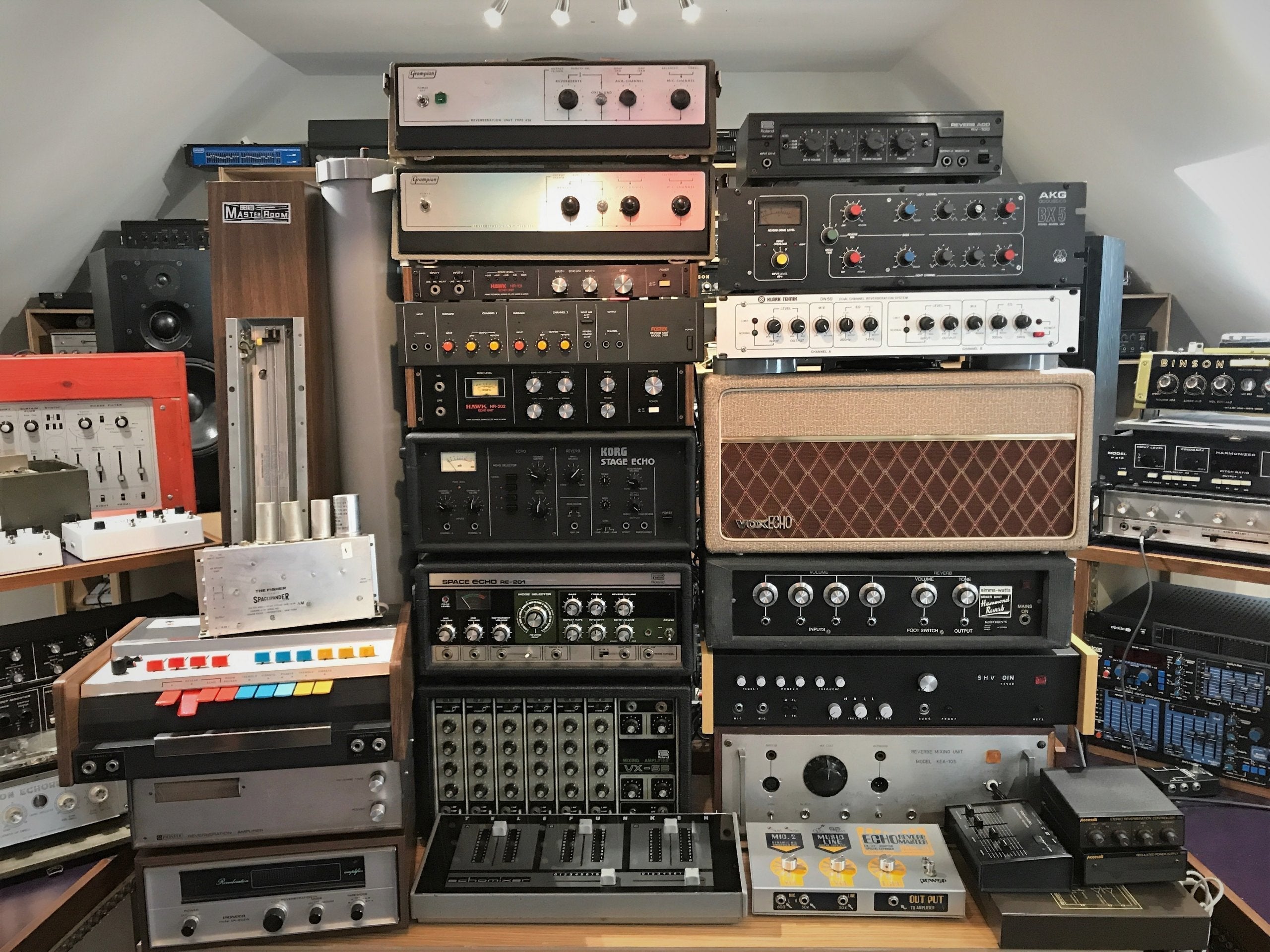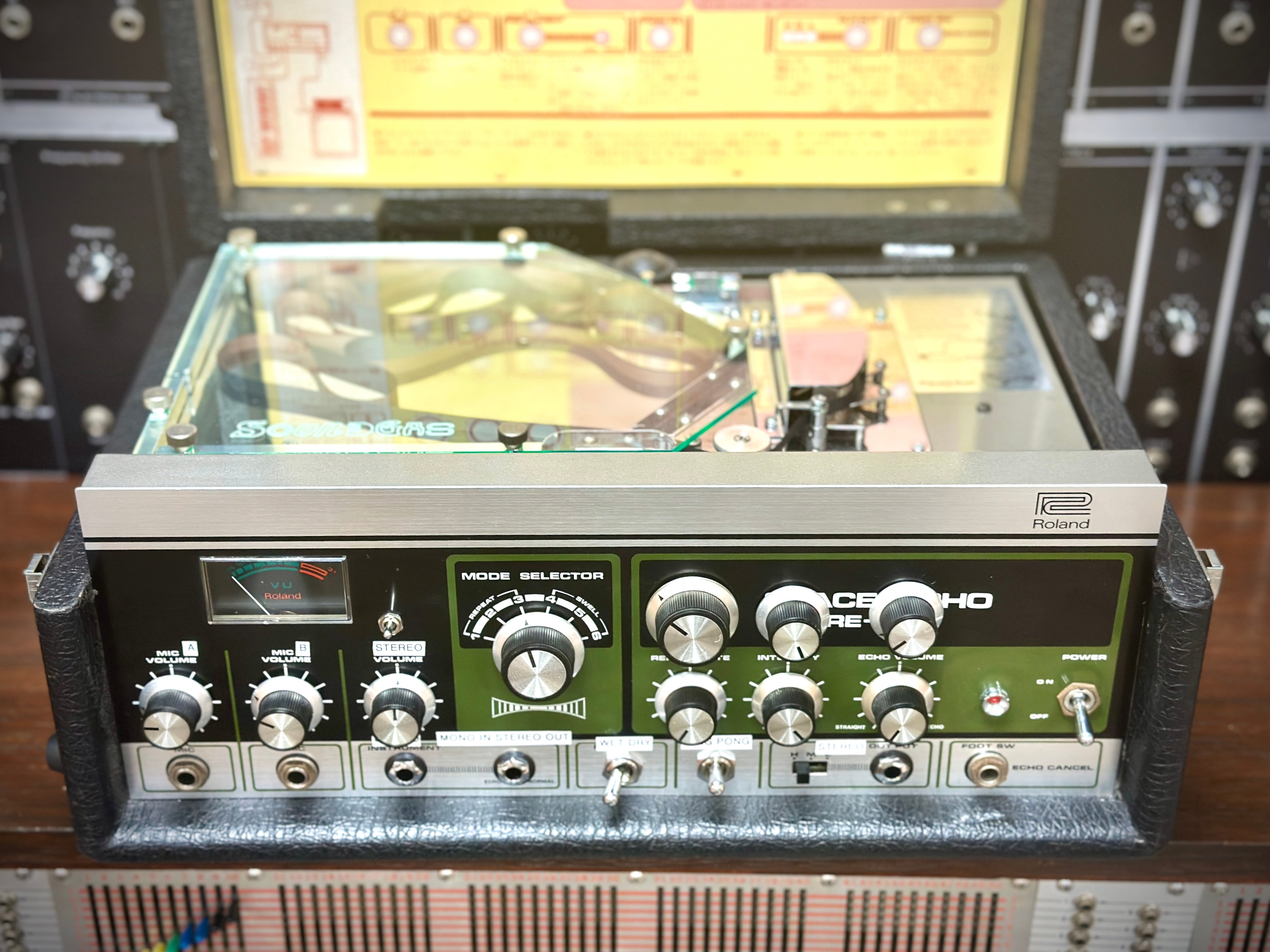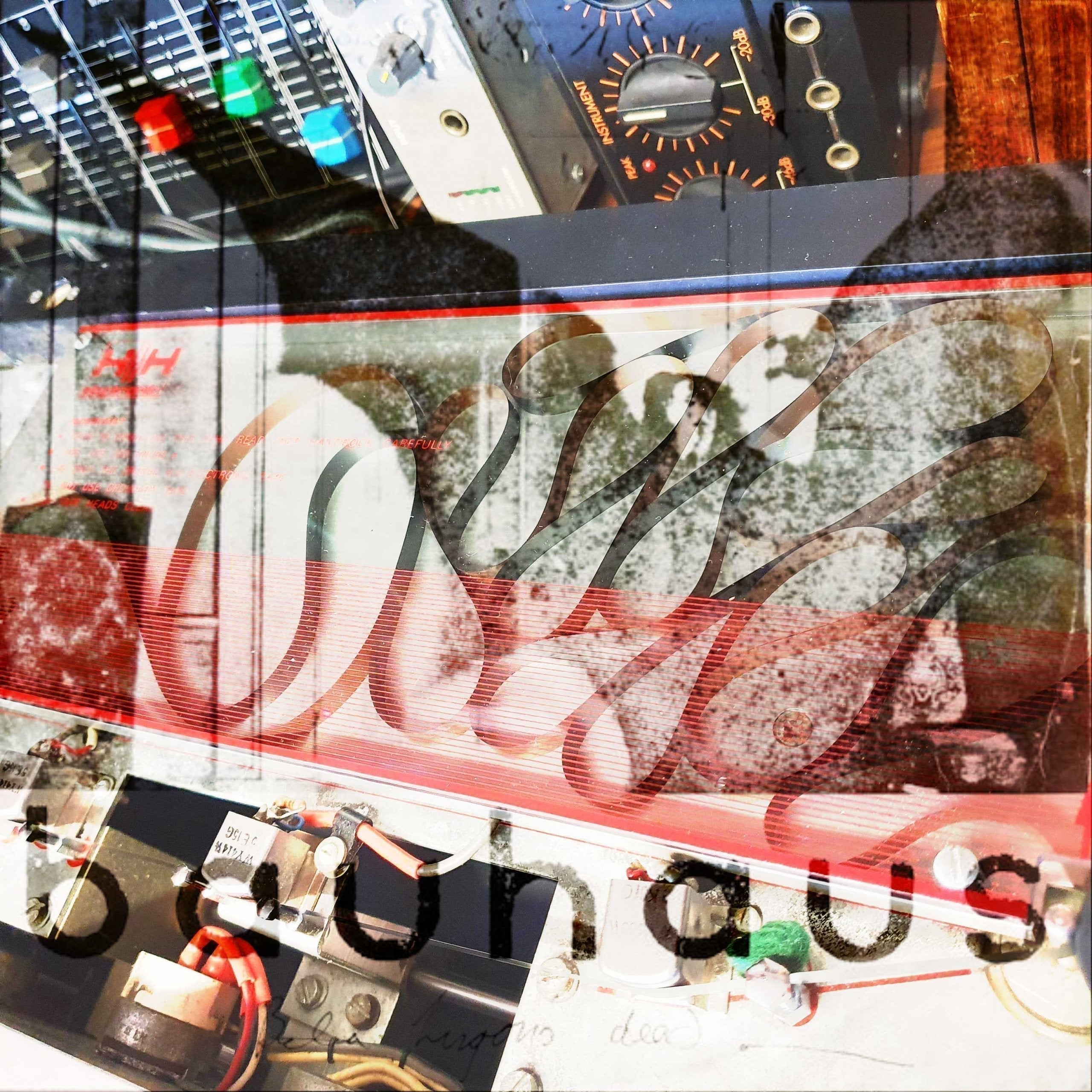
Vintage Synths: To Buy Or Not to Buy? Part 1: Roland Jupiter 8
In which our dedicated synth botherer reveals the extent to which he went to convince himself he really didn’t want/need a certain vintage polysynth, and how he might now explain this change of heart and somehow justify buying something that costs more than a new family kitchen and bathroom.
BY JUPITER!
‘Jupiter 8s are overpriced and overrated – why would anyone pay £xxxxx for one when you could have a Jupiter 4, 808, 303, Juno 60 and still have a chunk of cash left over?’ This has been my mantra for the best part of 20 years. I was going to qualify this by writing that it was because I could never afford one, but the deeper truth is I never wanted one badly enough to forgo so many other favourite synths/drum machines.
By the time I reached the point where owning a Jupiter was a real possibility, I took advice from people whose opinions I trusted – who had hands on experience of owning/playing all three Jupiters – as opposed to forum bothering keyboard warrior types who base their forthrightly espoused ‘truths’ on VSTs and Vintage Synth Explorer ratings. Without exception they pointed me in the direction of the wondrous battleship that is the Jupiter 4. In short it was suggested that if I mostly wanted to make techno then I might consider the 6, and if I really wanted to be Nick Rhodes/Howard Jones and make classic 80s synthpop noises I could sell my car and buy an 8. This was 2013, when my old Volvo was worth roughly twice as much as a Jupiter 8. I just sold that same car for £2300 after eight years sterling service carting around kids, dogs, synths, flightcases, and all manner of Gasjunk, but I can’t help wishing I had traded it for two Jupiter 8s.
THE FOUR REASONS
I plumped for the 4, because: I was offered a beauty in excellent condition that had been looked after by synth legend (and now our in-house tech) James Walker; I wasn’t much of a player and four voices were more than enough; I liked the sound/functionality. It was also the ‘bargain’ of the Jupiter range at the time and I felt I might stand a chance of keeping it (any of my gear of value, no matter how much I love it, could be sold to feed the hungry beast that is Soundgas at any time). And I was content: it was indeed more than I needed and it complemented, rather than replaced, my beloved Juno 60.
My keyboard skills were rudimentary (and remain so, in spite of the recent year’s dogged determination to improve during lockdown), and I’m no programming wizard, so I felt that the greatest/most expensive polysynth Roland ever made would still be wasted in my hands. So they passed me by from time to time at Soundgas and we serviced them and put them into far more capable and deserving hands. And, unlike many exotic things we see, I never felt a single pang of regret or longing when they shipped out.
BETTER L8 THAN NEVER
And then this year I finally got around to spending some quality time with a Jupiter 8. We’d bought one in and someone needed to demo it (tough gig). I’m still not the best keyboard player at Soundgas, but within moments the Jupiter and I were music together. Quite simply, like a wonderful old guitar, it spoke to me – or more accurately it whispered seductively in my ear and it flattered my inept fingers, inspiring me to play better and create more. And I loved what I was hearing. In short, I finally fell in love with the Jupiter 8 at the ripe old age of 55.
Yes, they are crazy expensive – very much more so now than a year ago (not our doing, synth trolls – we’ve only quietly sold two in the past 2 years) but I no longer kid myself that they’re not worth it and that I don’t really, really want one. While thinking about my history with the Jupiters, and why I never bought one, I wanted to check how much one might’ve cost me back when I bought my 4. A quick search on an ethical search engine like Ecosia (planting trees rather than enriching Google) revealed the extent of terrible advice I might’ve received from various loud-typing ‘experts’ on the usual forums:
2009 “don’t buy… crazy prices …this bubble is going to burst” [prices quoted between £2-3k].
2014 “£4500 [for a Jupiter 8] …looks like a very bad investment choice!”
I don’t frequent forums as life is too short, but I’ll hazard a guess that these same people are still apoplectic about vintage gear prices, and still blaming them on faceless/heartless investors or balding grey-haired blokes in their 50s with well-paid jobs living out youthful fantasies. They’ll still be shouting at their computer about crooked vintage gear dealers stoking demand/prices (not entirely unwarranted: we see a notable few bad apples who make bold claims about the lengths they go to in restoring synths – and charge prices to match – whose ‘work’ involves little more than a cosmetic refresh and basic calibration, but doesn’t seem to extend to even the basics – recapping power supplies/changing out of spec components etc – but… that’s for another blog).
This is what happened when I finally saw the light – after a bit of messing about, I was surprised to find myself playing this:
YOU DO THE MATH(S)
To answer forum ranters’ assumptions about price inflation and imagined expensive synth buyers’ profiles: firstly the vast majority of our customers are professional working musicians, studios, engineers and composers who understand that a well-serviced and correctly functioning instrument backed by a meaningful guarantee does not come cheap. And quite simply there are no more Jupiter 8s being manufactured; add to this the dearth of techs with the depth of knowledge and experience to restore and service them to a high standard means there are fewer reliable examples in circulation than before.
A Jupiter 8 cost £4,000 when new in 1981 (the equivalent to over £13,000 today) so were almost exclusively the preserve of working musicians who viewed them as I regarded my old Volvo – a workhorse – and most bear scars of life on the road. Prices have risen even more steeply of late: is this, as our keyboard warriors still posit, a bubble that’s sure to burst, or is it in fact simply a case of supply and demand? There are comparatively few examples of Roland’s greatest – and most iconic – polysynth in existence, and ever more musicians who wish to own one? Nobody can predict future prices – and there can be little doubt that vintage synth prices are higher than they’ve ever been – but my instinct is that if I want a Jupiter 8 of my own, I shouldn’t delay.
HOME TRUTHS
I don’t have £20k to spend on a synth: our house has barely been updated since the 80s and that sum represents a new kitchen and bathroom. I’m reminded of 2013 and buying used Volvo estate instead of two Jupiter 8s. Could/should I persuade my family that we might want to consider buying another old synth rather than making improvements to our home? From a cold-hearted investment perspective (and from a warm fuzzy synth nerd perspective) I suspect the Jupiter is the better move, but I’m not convinced I have the stomach to argue my case: I do quite like living at home.
If I were bolder, then I might well snap up the incredible example (pictured above) that we’re selling on behalf of the original owner right now. It’s been carefully cherished for nearly 40 years and is truly exceptional: the best that I and our head synth tech, James Walker, have ever laid eyes on. It was purchased from the original owner (a musician whose unexpected impending new baby meant parting with the synth after only a matter of months) and has kept it in the case when not in use – taking it out to occasionally enjoy it over the years. There can be few remaining Jupiter 8s in similar condition left anywhere in the world and, while the price does indeed reflect this, it is not as much as we’ve seen achieved for less pristine (and unserviced) examples from private sellers recently. I have an awareness that one day I will be looking back at this one with more than a little pang of regret.
Next up: Roxy Music, Brian Eno, Doctor Who, Radiophonic Workshop and Hawkwind – and why I always wanted an EMS VCS3.
======
If you own a Jupiter 8 (or CS80 etc) and feel it to be overrated or under-used, and want to sell it quickly and without drama, please get in touch with details.
Meanwhile, here are a couple more demos of the Jupiter in action:







